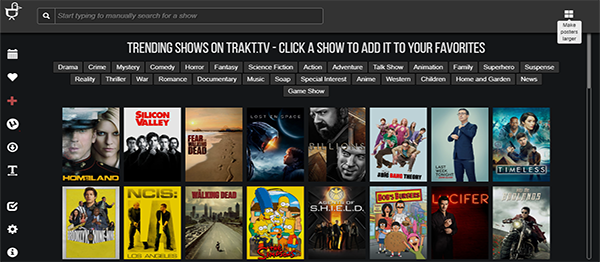Free ebooks digital library for computer science learners.
A digital library, also called an online library, an internet library, a digital repository, or a digital collection is an online database of digital objects that can include text, still images, audio, video, digital documents, or other digital media formats or a library accessible through the internet. Objects can consist of digitized content like print or photographs, as well as originally produced digital content like word processor files or social media posts. In addition to storing content, digital libraries provide means for organizing, searching, and retrieving the content contained in the collection. Digital libraries can vary immensely in size and scope, and can be maintained by individuals or organizations.[1] The digital content may be stored locally, or accessed remotely via computer networks. These information retrieval systems are able to exchange information with each other through interoperability and sustainability.[2]
Free ebooks library
👇👇👇👇👇👇👇👇👇👇👇👇👇👇
👇👇👇
👆👆👆👆
Purpose – This editorial seeks to examine the definition of a “digital library” to see whether one can be constructed that usefully distinguishes a digital library from other types of electronic resources. Design/methodology/approach – The primary methodology compares definitions from multiple settings, including formal institutional settings, working definitions from articles, and a synthesis created in a seminar at Humboldt University in Berlin. Findings – At this point, digital libraries are evolving too fast for any lasting definition. Definitions that users readily understand are too broad and imprecise, and definitions with more technical precision quickly grow too obscure for common use. Originality/value – A functional definition of a digital library would add clarity to a burgeoning field, especially when trying to evaluate a resource. The student perspective provides a fresh look at the problem.
.png)
.png)


